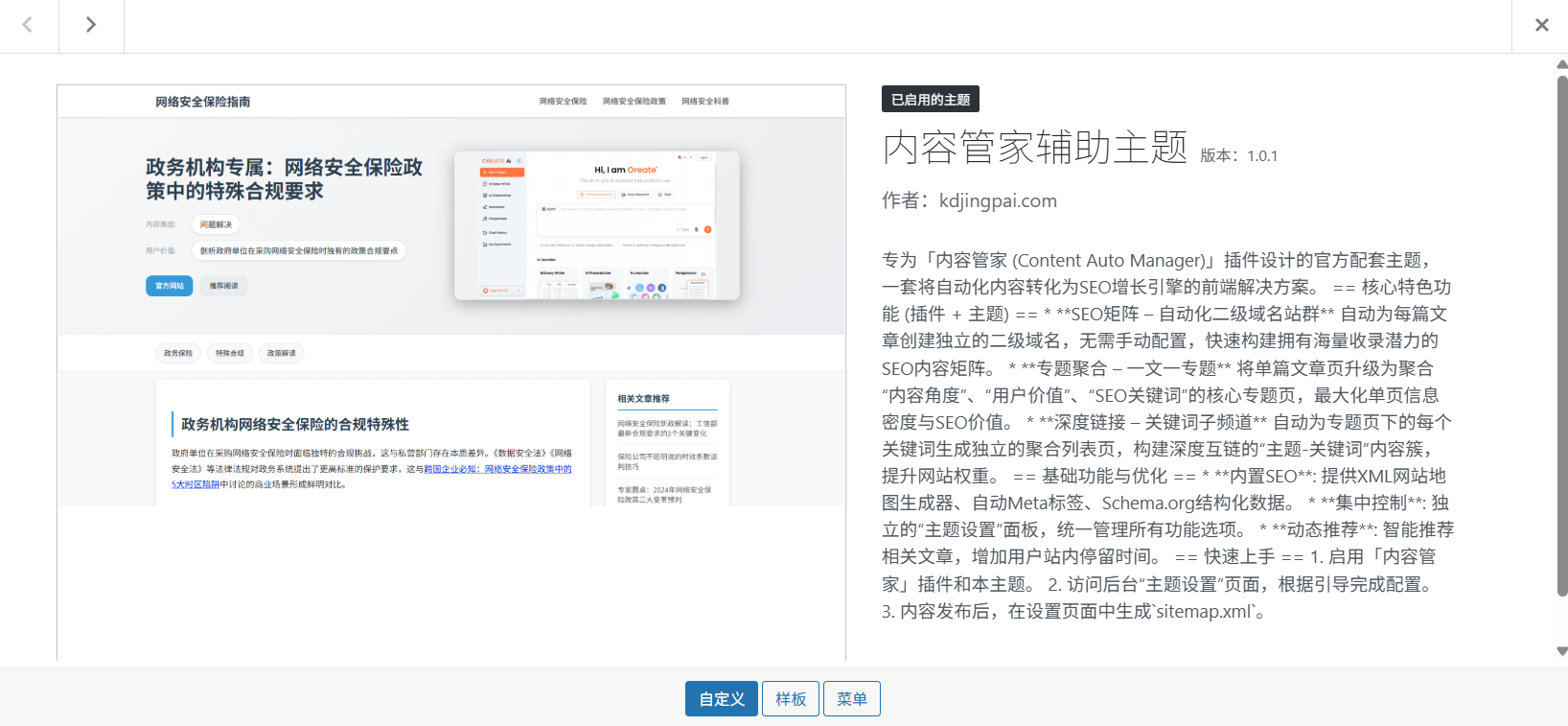Factory's Parallel Computing Architecture
Factory uses a distributed task scheduling system to achieve efficient parallel processing of development tasks, and its technical implementation includes:
- Resource allocation: dynamically allocate computing resources to Droids with different priorities
- Dependency Analysis: Automatically constructing task dependency graphs for optimal scheduling
- Concurrency control: supports up to 50 Droids executing heterogeneous tasks simultaneously
- Synergistic mechanisms: sharing intermediate results to avoid double counting
In real-world application scenarios, a 10-person development team can simultaneously run: front-end component development, back-end API optimization, stress test generation and other tasks, and monitor the progress of each task through a visual console. Performance tests show that compared with serial execution, parallel processing can shorten the overall project cycle by 65% and increase resource utilization to 85%.
This answer comes from the articleFactory: AI Intelligence Platform for Automated Software DevelopmentThe
































